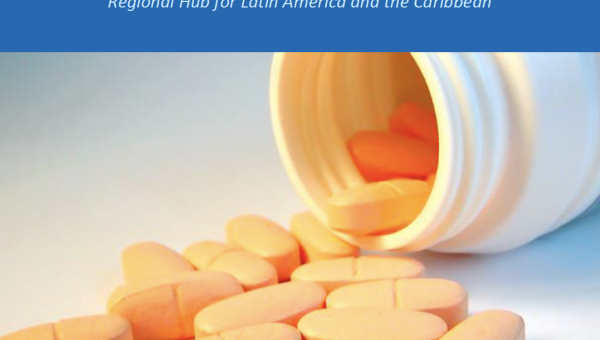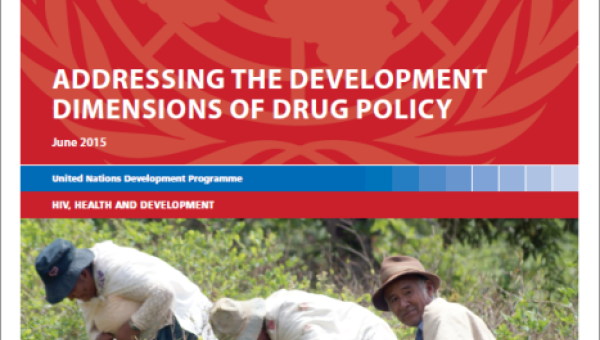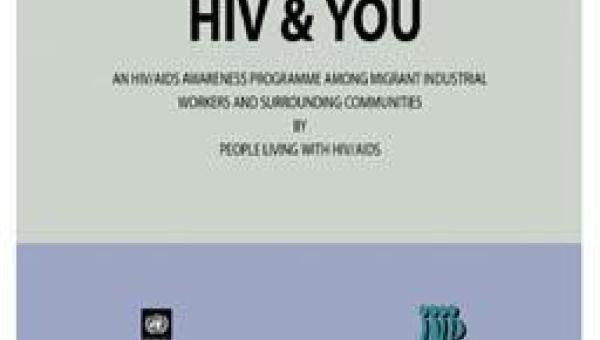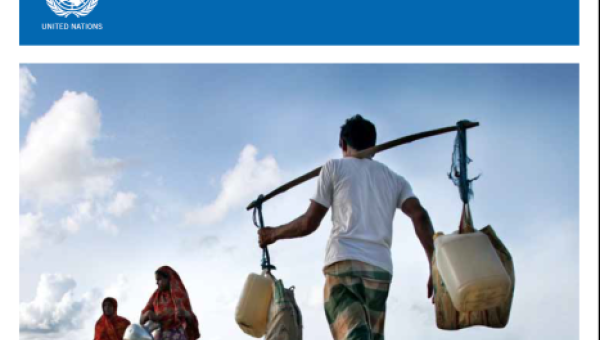UNDP in Latin America and the Caribbean
HIV and Health
UNDP’s work on HIV and health is based on the principle that health and development are intrinsically linked, and that investments in health and other areas of development are mutually reinforcing. UNDP’s approach to HIV and health is integrated, multi-disciplinary and multi-sectoral with a strong focus on reducing inequalities within and between countries.
The HIV epidemic in Latin America and the Caribbean remains an important public health challenge. Countries in the region have made important progress, in the Caribbean, the number of people newly infected with HIV in 2021 was 28% lower than in 2010, and AIDS-related deaths have declined by 50%. However, in Latin America, while AIDS-related deaths have decreased by 28% since 2010, new infections have increased by 5% in 2021.
Ongoing challenges include high levels of stigma and discrimination against people living with HIV and key populations. Inequalities and gender-based violence impede effective HIV responses across the region. Latin America has recorded the highest level of hate crimes against lesbian, gay, bisexual and transgender persons globally, from October 2020 to September 2021, 311 transgender women were killed across 15 countries.
Globally it is well-recognised that there is a need for greater attention to key and other vulnerable populations, including action to address social, legal and cultural barriers to accessing HIV and other health services, promotion of human rights and rights-based approaches, and support for engagement of key and other vulnerable populations in policy development, health governance and programming.
UNDP aims to strengthen systems for health, including to regain lost ground against HIV, tuberculosis and malaria, and to address emerging issues such as non-communicable diseases, and mental health. To achieve this, UNDP works in partnership with United Nations, multilateral, government, civil society, academic and private sector partners to deliver health results for the most marginalized and vulnerable while driving equity, resilience and sustainability.

 Locations
Locations


